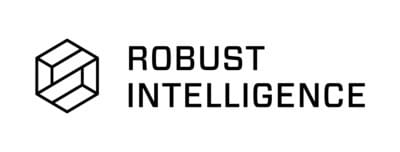Robust Intelligence has launched a new AI Risk Database that provides open source model validation to help organizations better understand the security, ethical, operational, and overall health of third-party AI models in a centralized location.
Introduction of AI Risk Database
The AI Risk Database, which is a community-supported and free-of-charge resource, contains comprehensive test results and corresponding risk scores for over 170,000 models. The database is aimed at assessing AI supply chain risks in an increasing number of public model repositories with the aim of mitigating model failure. Companies using open source models are exposed to considerable risk.
The Need to Evaluate AI Supply Chain Risk
With the availability of public model repositories such as Hugging Face, PyTorch Hub, TensorFlow Hub, NVIDIA NGC AI software hub, spaCy, Papers with Code, and others, sophisticated models have become widely accessible. However, Robust Intelligence has found that it’s incredibly difficult to assess any given model for security, ethical, and operational risks. Statements about model robustness and performance that are documented in public repos may be unsubstantiated.
Therefore, it is crucial that such models are thoroughly evaluated for risk before use so that developers recognize that in the same way as with any public software source, tools that collate risk are essential to validate the security and robustness of open-source models.
Initial Findings and the Importance of the AI Risk Database
The AI Risk Database promotes validation of open source models that are independent of any public model repositories. In hundreds of automated tests, supplemented by model vulnerability reports, the risk scores derived from dynamic analysis of the models have found initial analysis that revealed varying severity of vulnerabilities in tens of thousands of open-source models.
For instance, the analysis shows that in 50% of public image classifier models tested, 40% of adversarial attacks fail, and for natural language processing (NLP) models, in 50% of public models tested, 14% of adversarial text transformations fail. The analysis also revealed dozens of repositories with pytorch, tensorflow, pickle, or YAML resource files that include unsafe or vulnerable dependencies, which at minimum can make the user (and by extension their organization) susceptible to known vulnerabilities and in some cases enable actions including arbitrary code execution.
Conclusion
The AI Risk Database provided by Robust Intelligence is an essential resource for organizations that are experimenting with, or deploying, models from public model repositories. It offers a centralized location that covers the majority of public model repositories that enable AI developers to easily evaluate and investigate various models before use and AI researchers formally to report risks they identify. Since it is a community-supported resource, Robust Intelligence encourages contributions or feedback to airdb@robustintelligence.com.
